Releasing a game is risky at any time, but it’s downright daring when that game is a 12-year-old RPG and part of a series that’s already seen a number of improvements over the years.
Such is the case with Trails from Zero, the fourth game in Nihon Falcom’s ongoing Trails series and part of a duology that was never released officially outside of Japan and China. While Trails from Zero may not be the most lavish port in recent years, it doesn’t really matter.
Zero is one of the most captivating RPGs, whose thoughtful use of setting and skillfully balanced storytelling make it a peer to the classics from the genre’s golden age.
The Legend of Heroes: Trails from Zero Review — Zero to Hero
Trails from Zero pulls off an impressive balancing act, weaving high-level politics with personal narratives and expanding previous stories while remaining accessible to newcomers. Its narrative style sits comfortably between Trails in the Sky‘s more intimate approach and Trails of Cold Steel’s grand, epic vision, building on the best of both sub-series and creating something unique in the process. Zero even manages to squeeze all this into roughly 45 hours – fewer, if you use high-speed mode – while still preserving a strong, even pace throughout.
At the center of everything is the city-state of Crossbell. This tiny nation sits between two superpowers who both ran it at some point in history and only refrain from conquering it again after an international treaty forces them to play nice – on the surface.
To all appearances, Crossbell seems like the ideal city, with its thriving businesses attracting investments from across the continent, burgeoning research and technology sector, multicultural society, and even a highly desirable tourist attraction. Underneath the pristine facade is another story, though, a roiling, toxic brew of political deceitful machinations, back-alley deals, and violence with both of Crossbell’s neighbors looking for any excuse to force their way in and declare the city under their protection.
Into all this steps Zero’s four protagonists, part of the Special Support Section, a newly-formed branch of Crossbell’s police force whose mandate is, ostensibly, to help with smaller requests the police would otherwise have no time for. Like much else in Crossbell, more lies beneath the surface of these requests than you might expect, and the four heroes quickly realize their missions have deeper connections to volatile issues, including the city’s corrupt government.
If you played Trails of Cold Steel, you know where all this eventually leads. If not, you’re in for a surprisingly fresh spin on the established underdog story. No one wants the SSS to succeed, and everyone expects it to fail, and while the SSS’ journey to becoming Crossbell’s heroes might be a familiar one, Zero makes it almost impossible not to feel attached to the squad, their mission, and the people who eventually grow to trust them, thanks in no small part to the story and side quests you undertake.
Zero is well suited to the structure Falcom nearly always uses for Trails. Each chapter has an overarching mission that takes you to new parts of the city-state, with plenty of side quests along the way that acquaint you with the people who live there, their problems, hopes, and stories.
By the end, when hell quite literally breaks loose, you feel a strong sense of investment in this place and its people, more so than usual in Trails games. Crossbell’s future matters because you grow to understand why this place, wracked with conflict as it is, means so much to the people who live there.
Few games create as strong a sense of place as this, and even fewer use it to such a meaningful effect as Zero.
What makes it even more impressive is just how much Falcom manages to cram into this comparatively small area. Zero covers the entire spectrum of locations, sending you to remote villages that make their living from selling honey, ritzy hotels, seedy antique stores, a blasphemous cult’s underground hideout, and a seemingly normal suburban neighborhood where one family hides a dark, tragic secret.
One chapter culminates in a spectacular theatre performance that manages to even outdo Final Fantasy VI‘s famous opera scene, and in true Trails fashion, the story doesn’t end with Zero. Despite it being a self-contained narrative, Zero only tells half of Crossbell’s tale, and some of its story threads stretch even beyond the Cold Steel games and into the series’ later installments.
Trails from Zero’s combat sits closer to Trails in the Sky’s than the more modernized Cold Steel combat. It uses Sky‘s grid-based movement system, similar to a tactics game, where a character’s movement stat determines how far they can go, and it adds an extra layer of strategy to nearly everything you do, making you think about each attack carefully.
You also have to plan more carefully before battles even start, thanks to the quartz system. New arts – magic spells, in Trails speak – unlock as you add quartz to your orbment – a technologically advanced device that lets you harness the power of elements – and reach a certain value for a given element. A basic healing art might require a water value of one, but a more advanced attack spell could use higher water values and throw in extra elements, such as earth.
The quartz requirement system comes with a limitation, though. Less room exists for experimentation with these requirements, especially at higher levels, where you just stuff your orbment with as many high-ranking quartzes as possible to unlock stronger arts. Tio, for example, has water and time pre-sets, so getting the most from her build often means skipping out on other quartz and, by extension, other arts.
The situation stands out in light of Trails of Cold Steel’s expanded, newer combat system, which removed quartz requirements in favor of letting you use pretty much whatever you wanted.
Not that you’d notice Trails from Zero is that old – well, unless you’re playing the PlayStation 4 version, the only one missing PH3‘s impressive assets overhaul. Smoother models, cleaner backgrounds, and the range of quality of life features The Geofront fan group first added, including high-speed mode and a text log, make Trails from Zero feel less dated than you might expect from a game that came out in 2010.
An English dub and the choice to pick between the original soundtrack and Japan-exclusive Evolution version would’ve been nice, but their absence also makes sense in a way. Falcom ported Zero and its sequel so new players would understand Trails into Reverie‘s plot. Meaty remasters or remakes, welcome as they may be, never entered into the equation.
Bear that in mind if you go into this expecting significant improvements over the original release and something akin to the more ambitious remasters of recent years.
The Legend of Heroes: Trails from Zero Review — The Bottom Line
Pros
- Spectactular world-building and storytelling.
- Meaningful use of setting.
- Thoughtful combat.
- Fresh spin on familiar styles and structures.
Cons
- Combat can feel more restrictive than more modern entries.
- Missing some welcome features, such as an English dub and soundtrack choices.
Trails from Zero might be missing a few features it could, and maybe even should, have had, but if you’ve never played it before, don’t let that hold you back from giving it a try. This decade-old RPG lost none of its potency as time wore on and remains an essential experience.
In short, Zero is a remarkable feat of RPG storytelling and worldbuilding; even 12 years after its original release, little else like it exists.


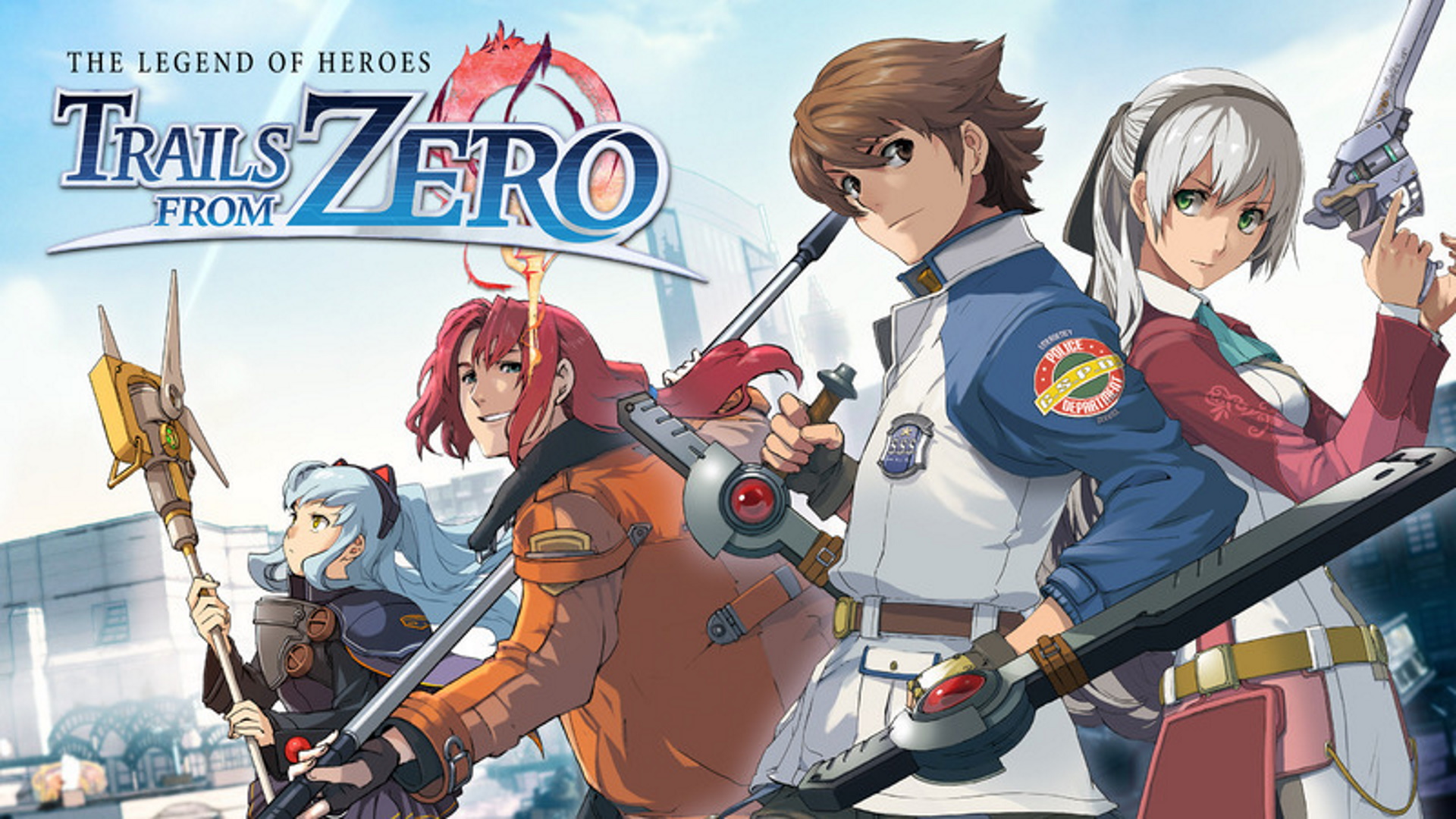
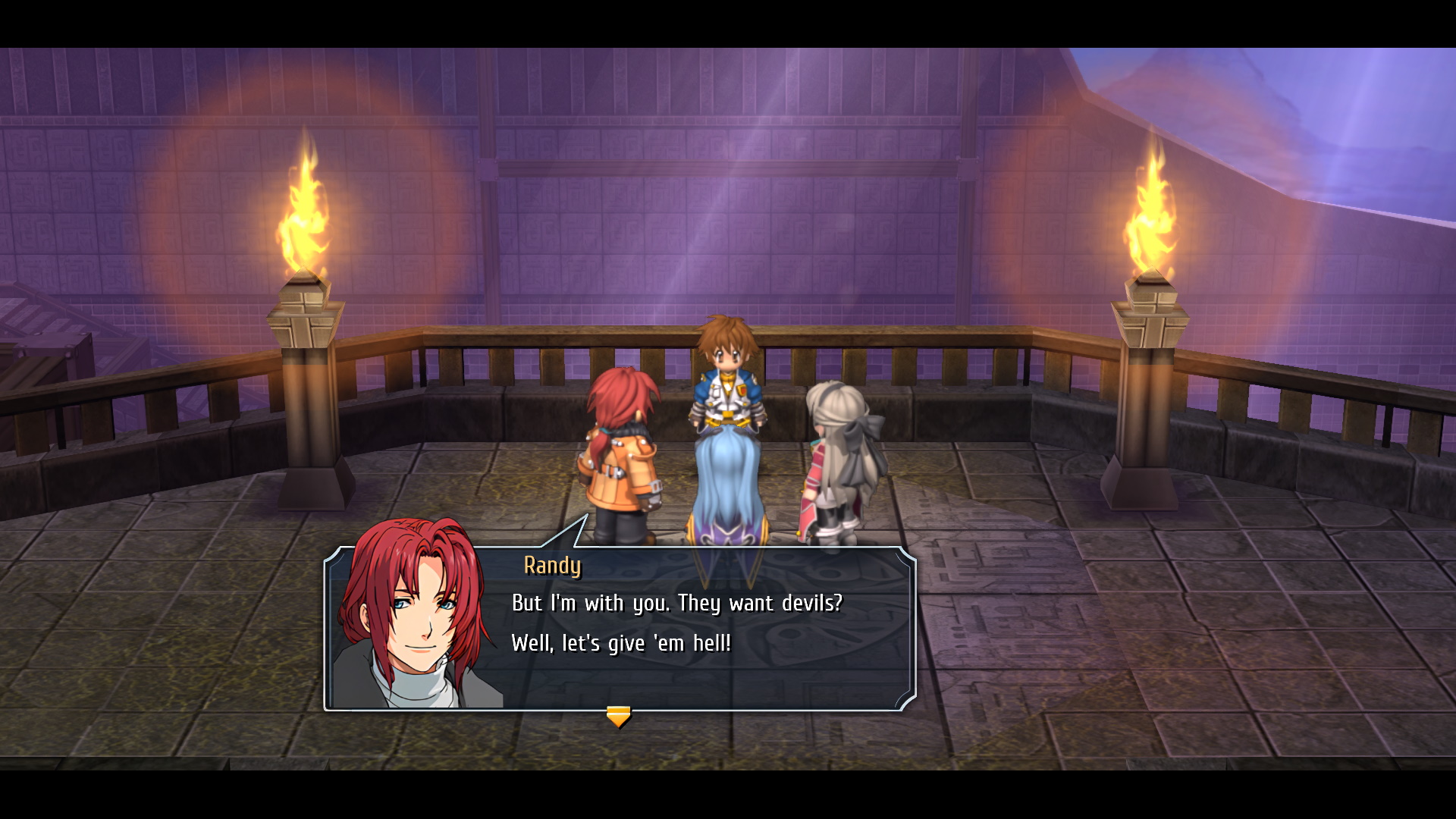
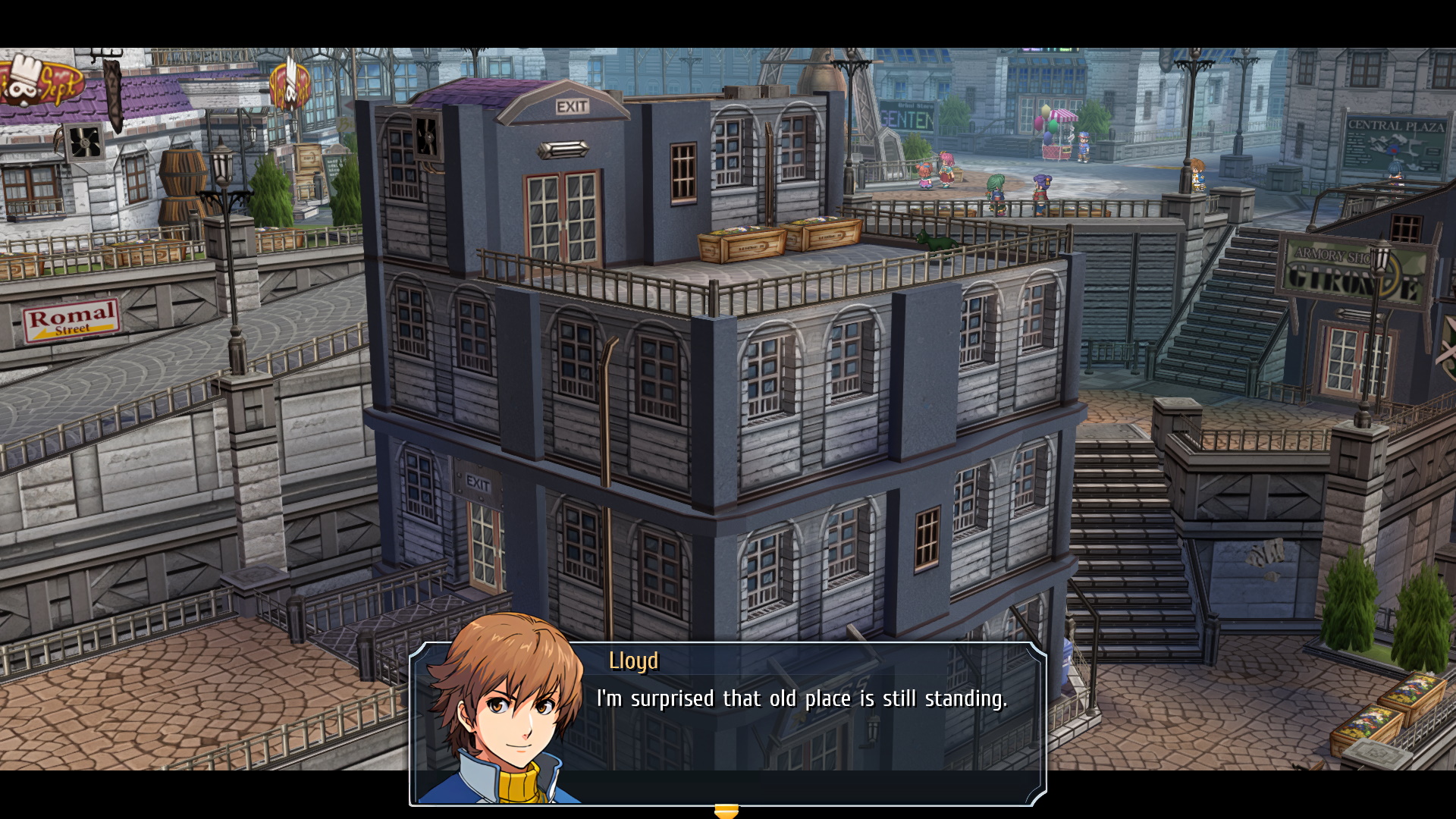
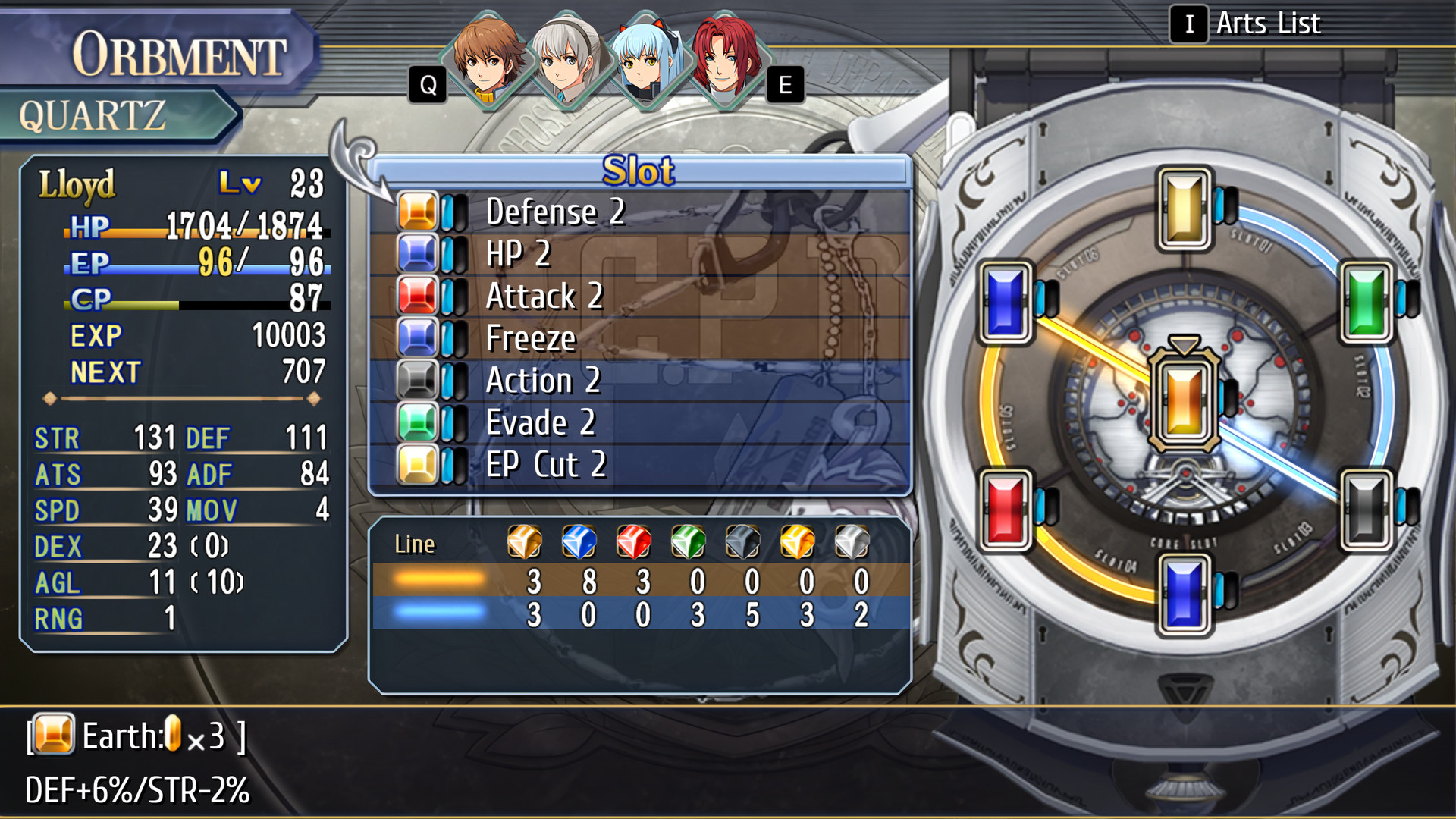
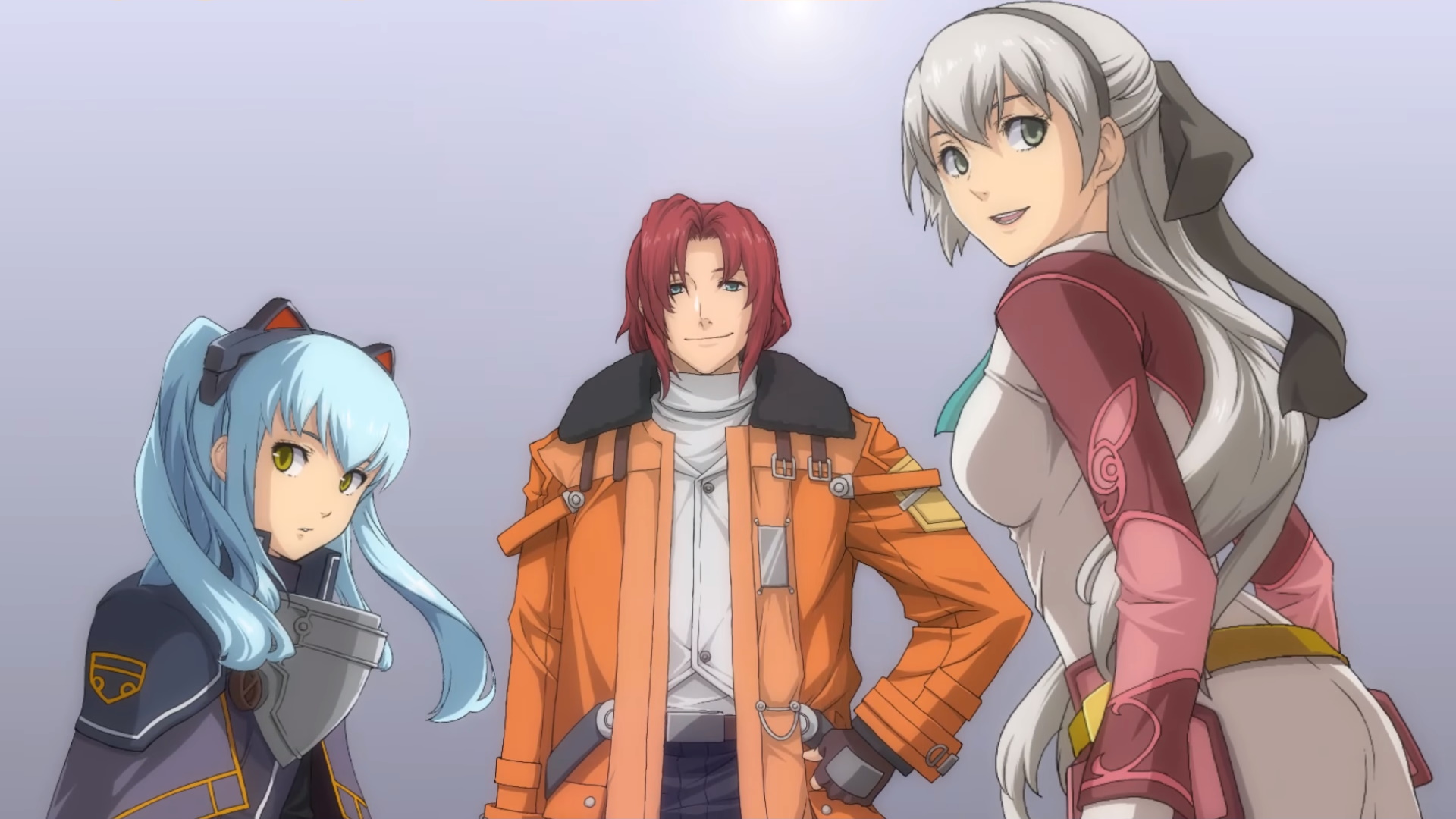


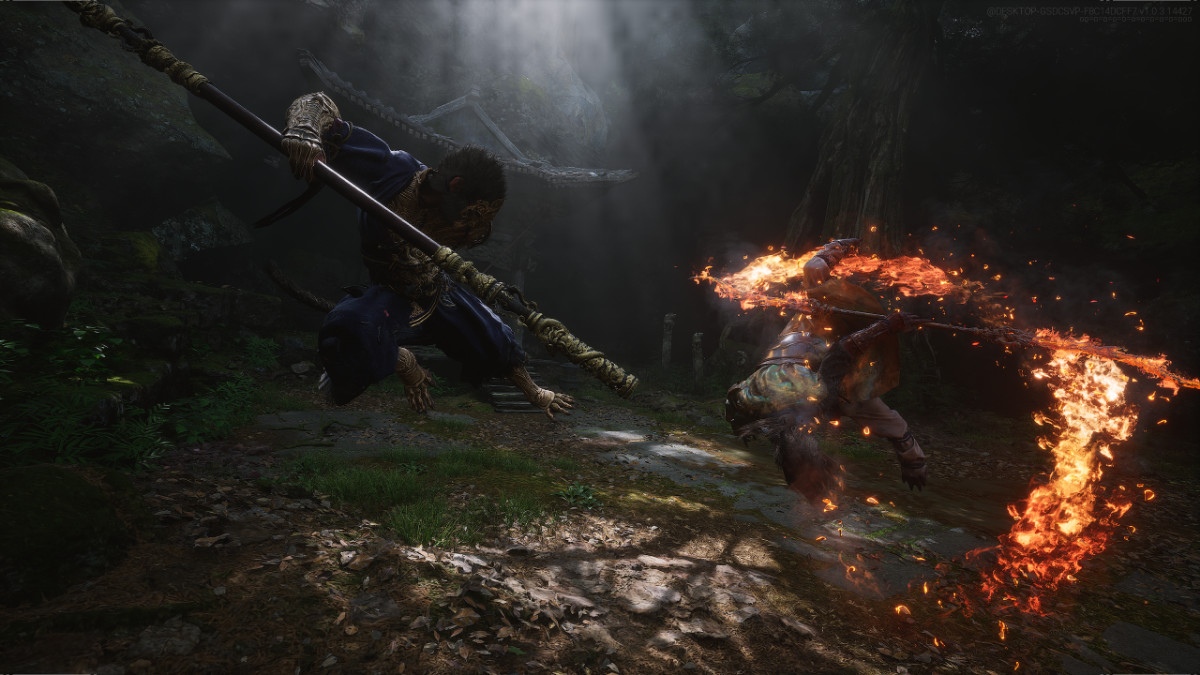
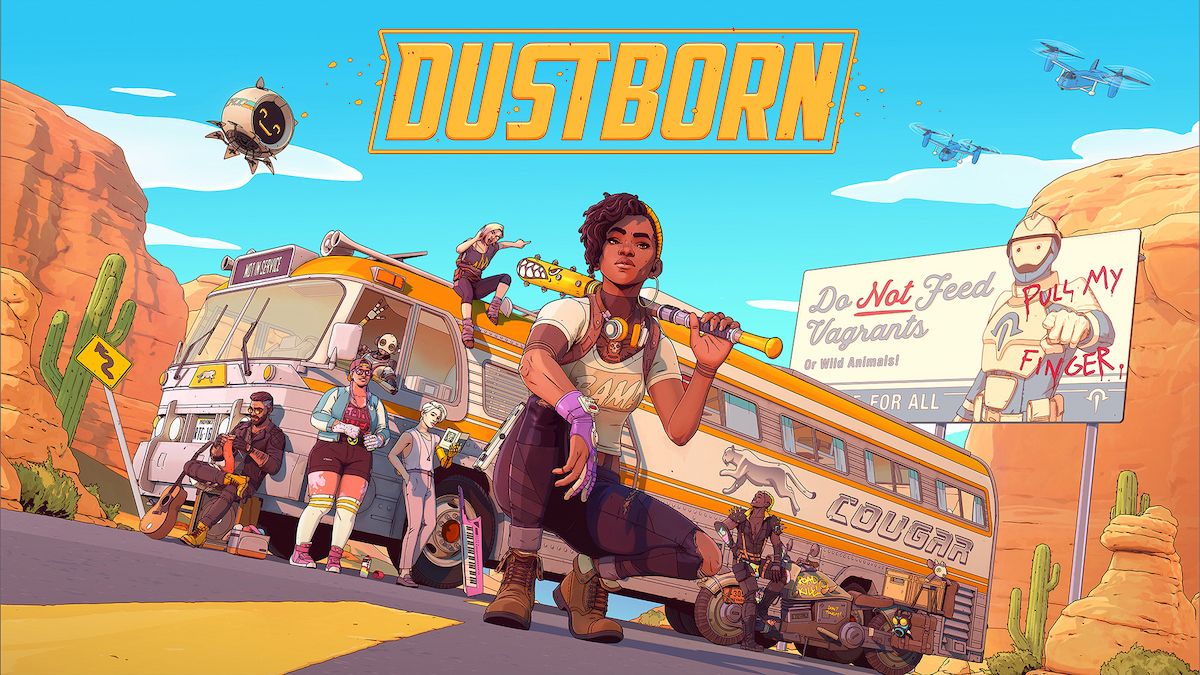
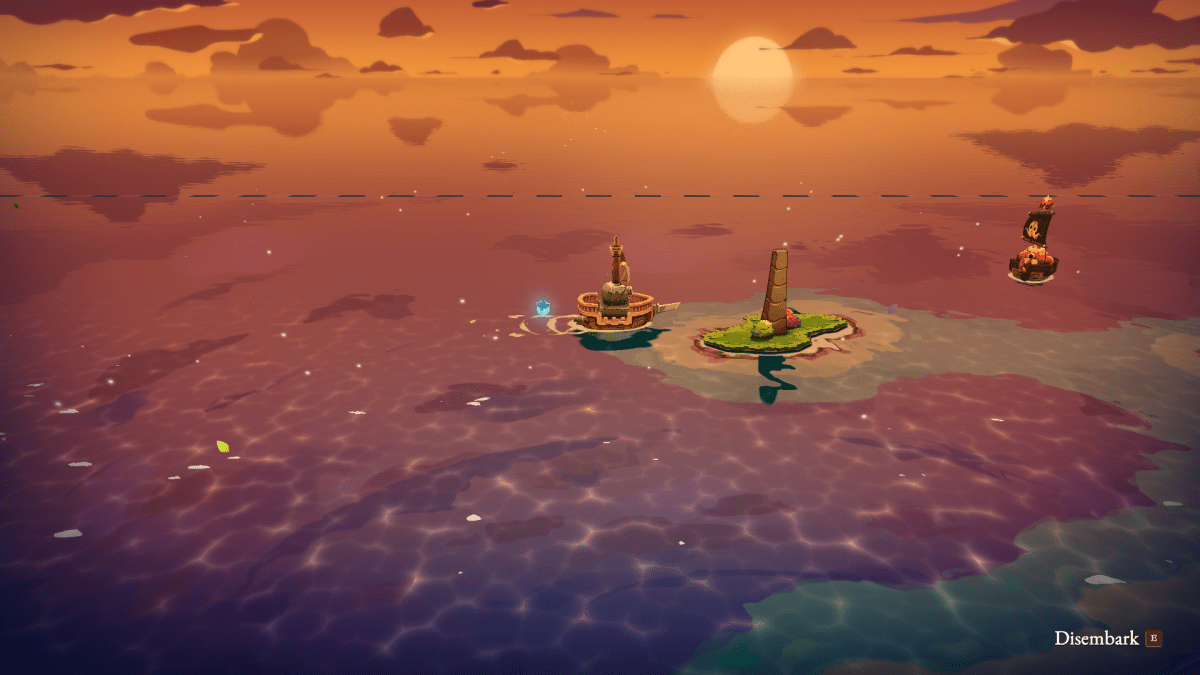
Published: Sep 20, 2022 12:45 am